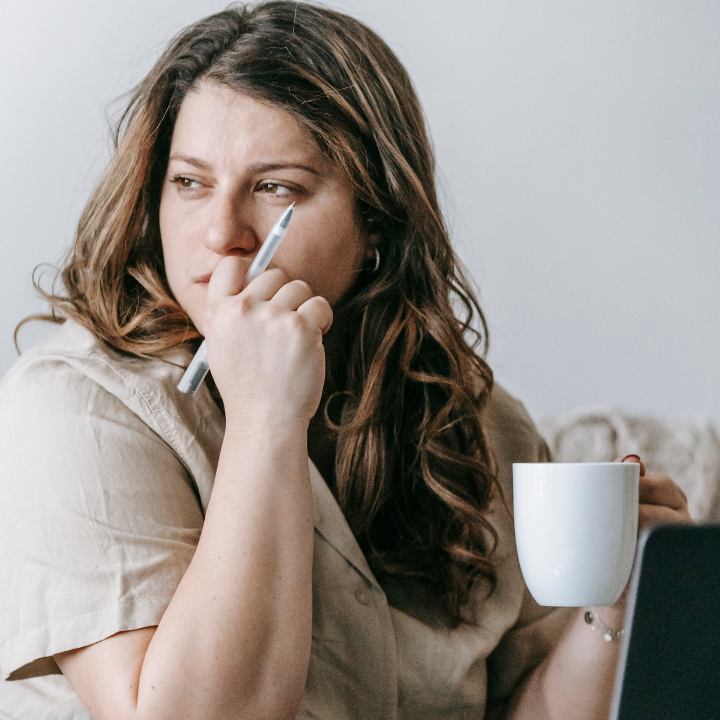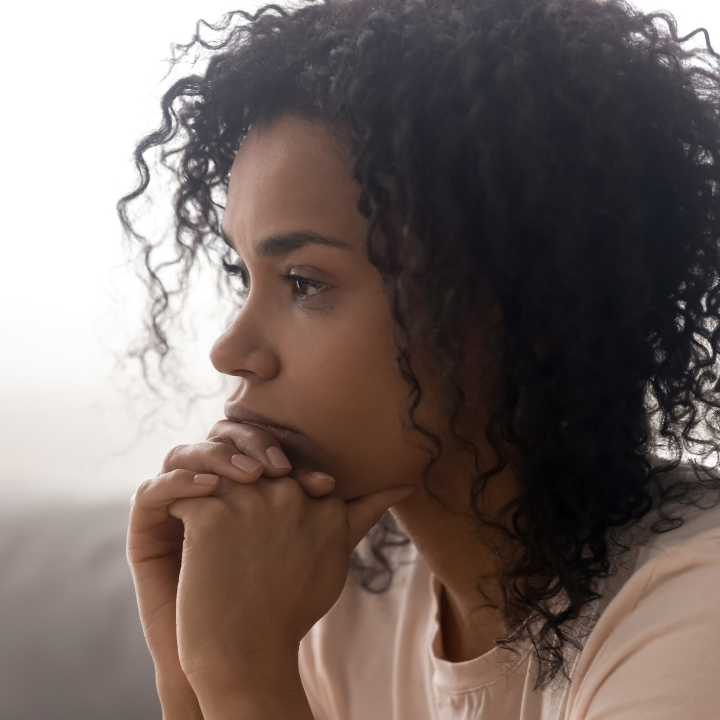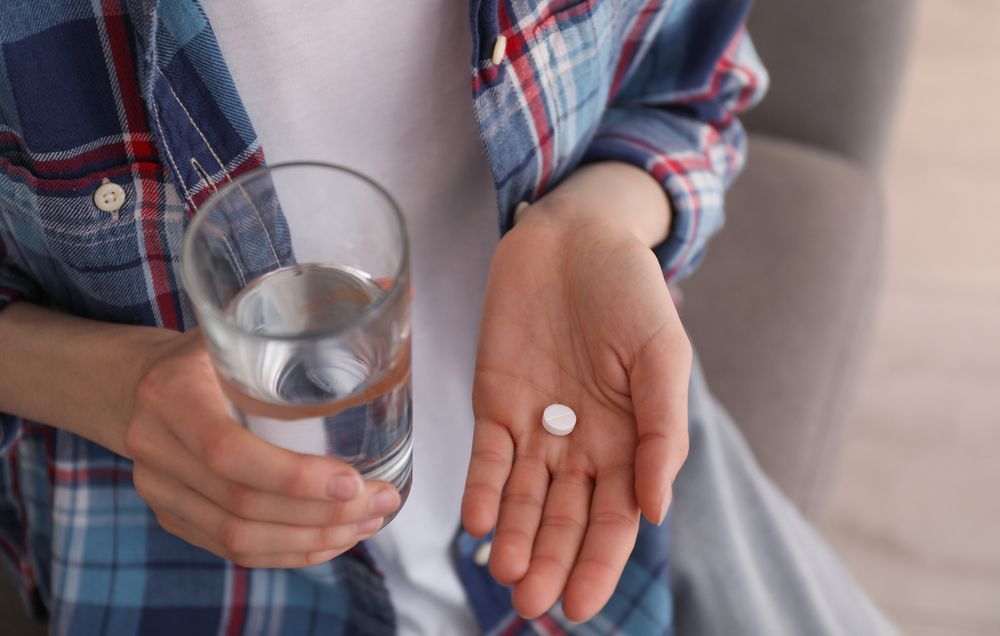Do Breasts Hurt in Early Pregnancy?
If that tight hug you got last night made you say “Ouch!” instead of “Aww,” you’re not imagining things. Yes, breast pain is a common early sign of pregnancy. It might feel confusing or even alarming — especially if the pregnancy was unexpected — but you’re not alone in wondering what’s going on.
Why Do Breasts Hurt in Early Pregnancy?
Breast tenderness or soreness is often one of the first symptoms of pregnancy. When a fertilized egg implants in the uterus, your body starts ramping up hormone production — and your breasts respond quickly.
Hormonal Changes:
- Estrogen and progesterone surge, prompting breast tissue to prepare for possible breastfeeding.
- Prolactin, a hormone from the pituitary gland, increases to stimulate milk gland development.
These changes can lead to tenderness, swelling, or a tingling sensation in your breasts and nipples — sometimes even before you miss your period.
What Other Breast Changes Can Happen in Early Pregnancy?
Along with soreness, you might notice some physical changes in your chest over time:
- Growth of one or more cup sizes
- Darkening or enlargement of your areolas (the circles around your nipples)
- More visible veins
These signs are all typical and are your body’s way of preparing — even if you’re not sure what the future holds yet. You may feel like your body is changing faster than your mind can keep up, and that’s completely normal.
How Can I Ease Breast Pain in Early Pregnancy?
If your chest feels uncomfortably sore, there are a few things that might help bring relief:
- Apply cool compresses like a cold washcloth or ice pack during rest
- Wear a supportive, well-fitting bra (even while sleeping, if helpful)
- Avoid tight clothing. Instead opt for looser tops that don’t press on your chest
- Apply an ice pack to your breasts can help relieve swelling and pain by temporarily reducing blood flow and dialing down nerve activity in the area
Even small changes can make a big difference when your body is adjusting so quickly.
Feeling Overwhelmed? You’re Not Alone
It’s completely understandable to feel unsure or even scared if you think you might be pregnant — especially if you didn’t plan for it. When your body starts sending signals like sore breasts, it can bring up a lot of emotions.
At our center, we provide free pregnancy testing, education, and support in a safe, pressure-free environment. You don’t have to figure this out alone. Whether you’re looking for next steps or just someone to listen to, we’re here for you.
FAQs
Q: Is breast pain a reliable sign of pregnancy?
A:
It can be — but it’s not definitive. Sore breasts can also happen due to hormone fluctuations before your period. A pregnancy test is the only way to know for sure.
Q: When does breast pain start in pregnancy?
A:
Breast tenderness can begin as early as one to two weeks after conception, sometimes before a missed period.
Q: How long does breast pain last in early pregnancy?
A:
For many, it lasts through the first trimester, but everyone is different. Some find relief sooner, while others notice changes throughout their pregnancy.










